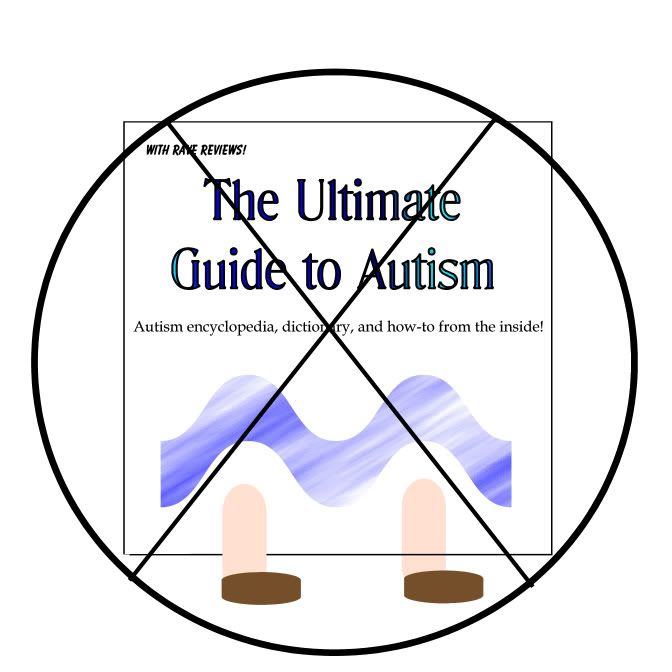This rant has been long forthcoming. It is the result of a buildup of things I’ve seen said over the years, combined with what looks more like the reality behind what people say.
So many places I go online I run into people discussing how developmentally disabled people (oftentimes just those described as “mentally retarded,” but also often all of us) are always sweet, gentle, kind, pure of spirit, angelic, innocent, harboring no “bad” thoughts or emotions whatsoever. They say that it’s intrinsic to who we are.
It never made sense to me that the result on one test designed to measure “intelligence” (and no, I don’t trust IQ testing to begin with) would have anything to do with those traits that I described above. When I think of this idea, I think of an imaginary tube of a certain volume that some people claim must be real. “Kindness” and “intelligence” are supposed to fill it. A lack of one must be compensated by the other, and an excess of one must be compensated for by a lack of the other. Just ignore that it makes no sense.
Part of what contributes to this assumption about us I think is that many people have no clue how to read us, and come up with these things to try to put a positive spin on the way we are, because they can’t find anything else positive about our existence, or perhaps cannot find anything to say about us even "really being in there." I’ve seen the argument about how angelic we are used as justification for not hating us, like hating us is to be expected and accepting us is some awful thing.
The rest, I’m afraid, actually may have something to do with the external appearance of a lot of developmentally disabled people. I’ve seen the assumption made most about special education students. I wonder how many people bother to wonder about whether this really is intrinsic, whether it's not actually a result of how we’re raised and taught to act.
According to a lot of the people in control over our lives, we are supposed to be passive, compliant, good, and show no negative emotion about anyone. We are told that this is the only way anyone will like us, the only way we can be and still expect anyone to be willing to be near us. We spend our lives learning to suppress things natural to us and unharmful to others to avoid the negative consequences of doing those things. We learn that simply asking for information is viewed as a sign of an “attitude problem.” We learn to apologize for anything and everything others do not approve of, regardless of whether whatever we were doing was in fact negative. We are taught that any expression of anger is punishable.
In special education PE (which, by the way, is where I saw most of the stuff from the above paragraph), I met a student whose entire life had been reduced to acting “nice” (read that “nice” as passive) so she would earn smiley-faces, and who spent a lot of time resorting to telling her aide that she’d be nice in the future, regardless of what she had done to warrant reprimanding before, regardless of whether it even deserved reprimanding. As far as I could tell, that was viewed as some sort of accomplishment.
If someone has a one-on-one aide (and I didn't, something I'm now thankful for), at least if that aide's purpose is to enforce "good behavior," the student will get away with a lot less than a student without an aide. There is no room to break the minor rules that most can break every day, because someone is always, or almost always, watching. It is not unlikely that everything they do is already pathologized. They’ll be followed by someone with training in how to subdue them, how to enforce compliance. And yes, the eventual result is often someone who looks nice on the outside. But that’s not a good thing! To assume it is requires ignoring the context we live in and have been raised in.
I can’t say exactly why others force us to be this way. I think part of it is a nasty self-perpetuating cycle, where people expect us to be passive based on stereotypes, and then, when we aren’t, force us to be.
Another part of it, I think, comes from the notion of “mental age,” and from the idea of developmentally disabled people as perpetual children. It’s more acceptable to treat us like small children up into adolescence and often adulthood than it is our non-disabled agemates. Plus, the ideas that many possess of all small children being sweet, cute, innocent, and angelic, or otherwise needing to be made that way echo the way we’re perceived.
Regardless, I'm not perfectly sweet or angelic! At this point, I think that means I've been lucky.



